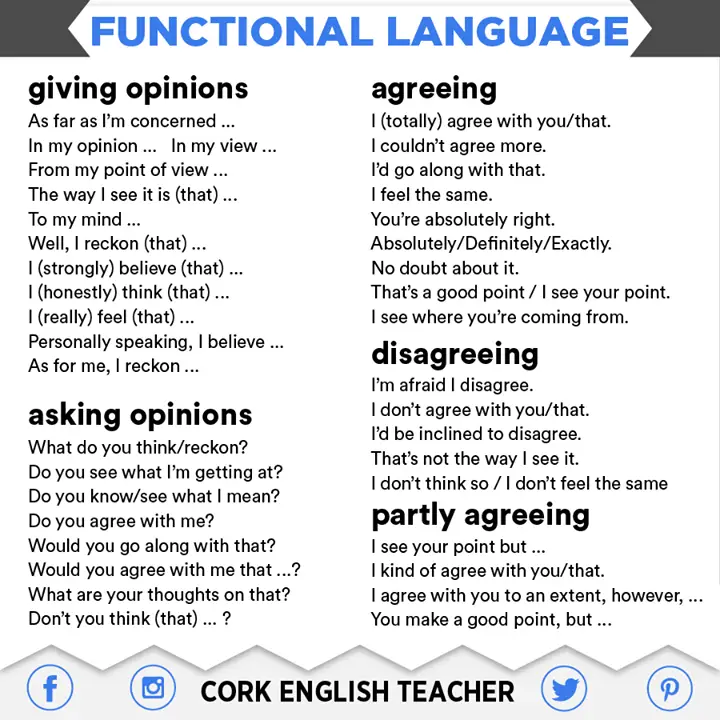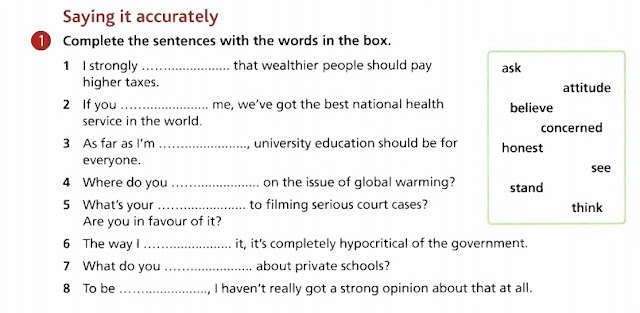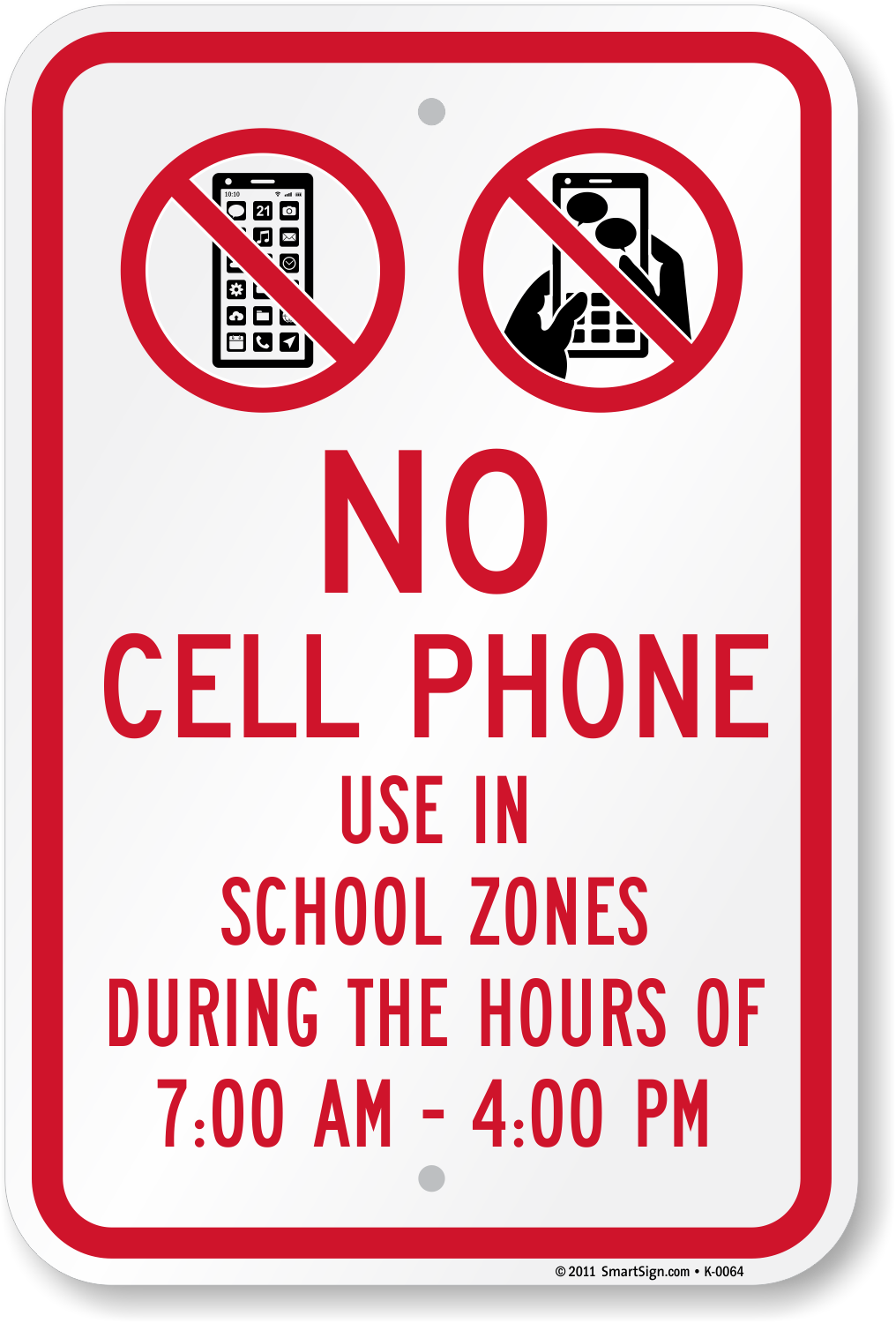¿Te gustan las películas y series de acción estadounidenses y británicas, pero encuentras a los nativos difíciles de entender cuando hablan rápido? ¡Hoy aprenderás docenas de palabras en inglés para ayudarte a entender la conversación en inglés sobre la batalla! ¡Puedes aplicarlos a toneladas de series y películas! Aprenda mucho más vocabulario práctico con el Mini-curso GRATUITO: https://reallifeglobal.com/lewtv-got-lp/
26.12.18
1.12.18
A Breath of Fresh Air for Madrid
A breath of fresh air for Spain's capital. Read more: https://t.co/kp8b3lJCLB #environment #transport pic.twitter.com/68N1XVqjcI— World Economic Forum (@Davos) November 30, 2018
In the news
'It’s the only way forward': Madrid bans polluting vehicles from the city centre
El País in English
Madrid takes a historic step to becoming a car-free city centre21.11.18
30.9.18
20.5.18
2.5.18
Oral Presentations for Bachillerato
Oral presentations typically involve three important steps:
1) planning,
2) practising,
3) presenting.
Make also sure your presentation covers the following: introduction, main body and conclusion.
Practice, Practice, Practice:
- Practice as much as possible to achieve an easy delivery.
- Do not read your talk or memorize it.
- Concentrate only on the main points. Ignore details.
- Try to make your presentation lively and interesting. This does not mean telling jokes and anecdotes. But if you can think of interesting or amusing examples to illustrate your argument, use them.
- Write out everything you have to say, including examples etc. Rehearse what you are going to say until you are happy with it.
- present the topic.
- give your opinion on the topic.
- express (dis)advantages.
- link and sequence ideas.
- end with a clear summary or conclusion.
Choose one of the following topics to create a 1.30-minute presentation. You will be allowed to use some notes during your talk. However, full sentences or long phrases are not permitted. Please submit your notes to the teacher on completion of the oral exam.
23.4.18
16.4.18
15.4.18
Ways of Saying -OUGH
Ough is a letter sequence often seen in words in the English language.
The sequence is ambiguous, having at least eight pronunciations in British English; its pronunciation depends entirely on its placement in a given word, with most common being:
/oʊ/ as in though (cf. toe).
/uː/ as in through (cf. true).
/ʌf/ as in rough (cf. ruffian).
/ɒf/ as in cough (cf. coffin).
/ɔː/ as in thought (cf. taut).
/aʊ/ as in bough (cf. to bow [the gesture])
Pronunciation of -ough with audio
The sequence is ambiguous, having at least eight pronunciations in British English; its pronunciation depends entirely on its placement in a given word, with most common being:
/oʊ/ as in though (cf. toe).
/uː/ as in through (cf. true).
/ʌf/ as in rough (cf. ruffian).
/ɒf/ as in cough (cf. coffin).
/ɔː/ as in thought (cf. taut).
/aʊ/ as in bough (cf. to bow [the gesture])
Pronunciation of -ough with audio
26.2.18
24.2.18
Online Generators to Practise Speaking
Click on the images below
The Game Gal
This word generator gives you words to play games like Pictionary, catchphrase, or charades. Just choose which game you’re playing and a category, and then tap for a new word.1.2.18
30.1.18
Agree or Disagree
Read the news from The Guardian here:
The French government is to ban students from using mobile phones in the country’s primary, junior and middle schools.
Children will be allowed to bring their phones to school, but not allowed to get them out at any time until they leave, even during breaks.
A proposed ban was included in Emmanuel Macron’s successful presidential election campaign this year.
Jean-Michel Blanquer, the French education minister, said the measure would come into effect from the start of the next school year in September 2018. It will apply to all pupils from the time they start school at age of six – up to about 15 when they start secondary school.
Children will be allowed to bring their phones to school, but not allowed to get them out at any time until they leave, even during breaks.
A proposed ban was included in Emmanuel Macron’s successful presidential election campaign this year.
Jean-Michel Blanquer, the French education minister, said the measure would come into effect from the start of the next school year in September 2018. It will apply to all pupils from the time they start school at age of six – up to about 15 when they start secondary school.
18.1.18
16.1.18
Subscribe to:
Comments (Atom)



































